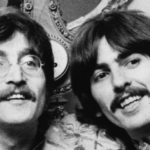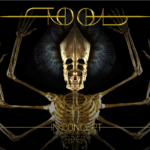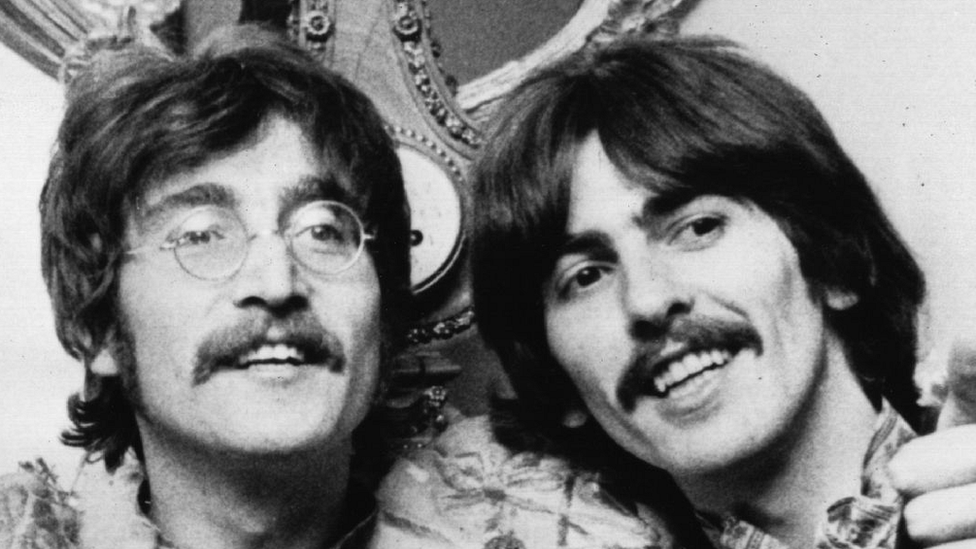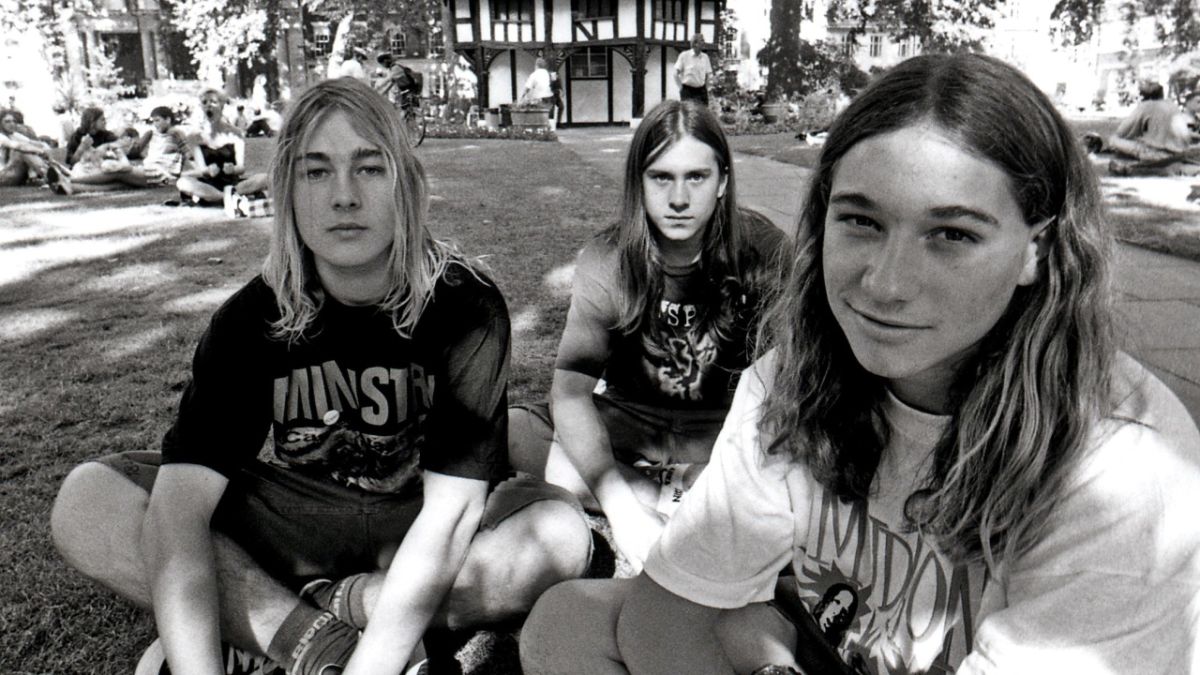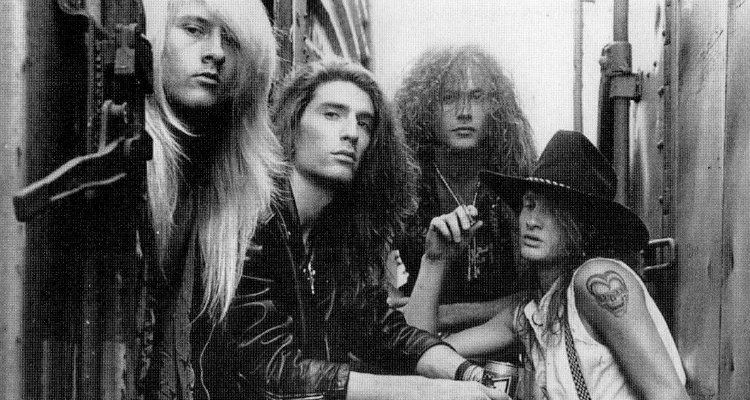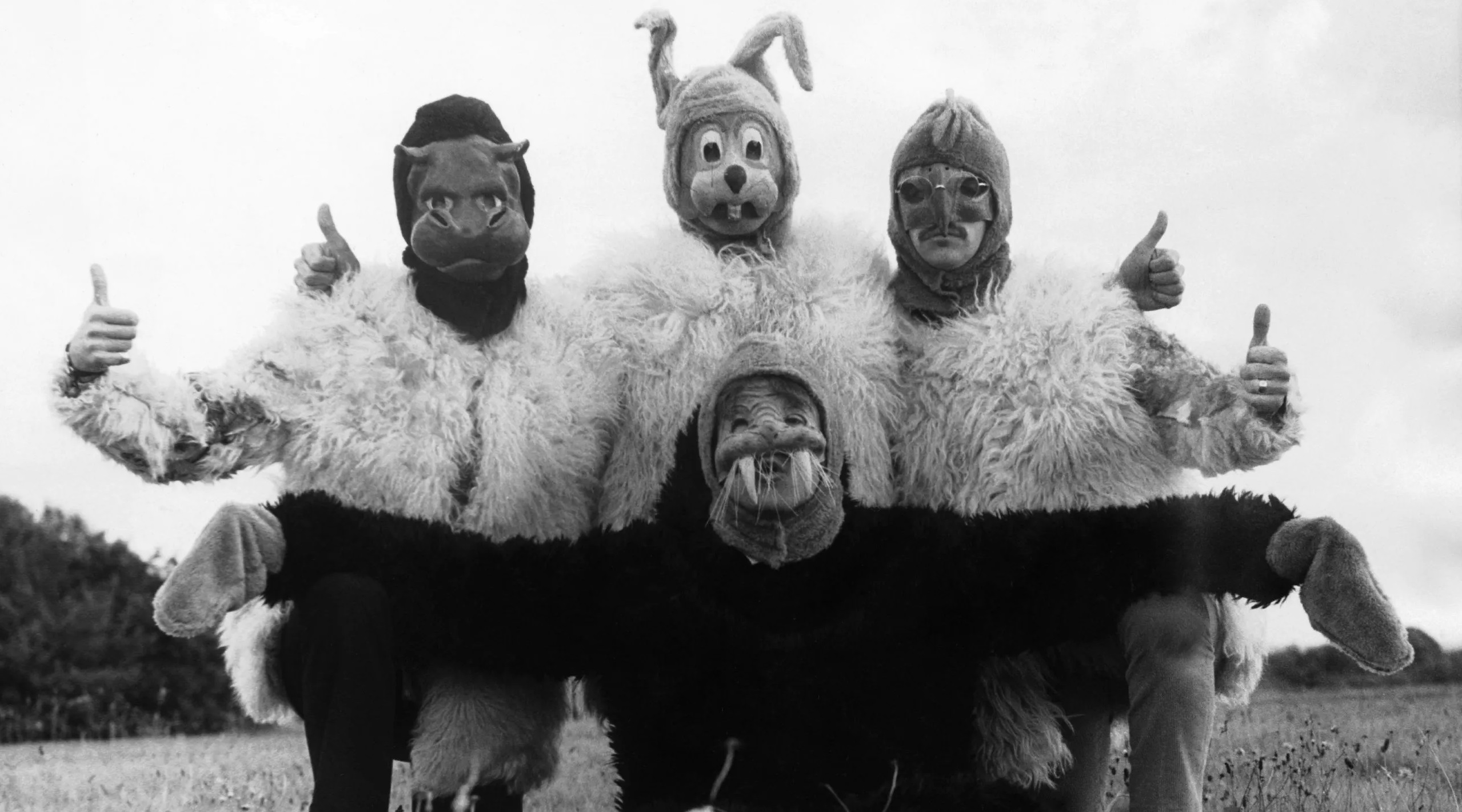David Gilmour, the iconic guitarist and singer, was born in Cambridge, England in 1946 and embarked on his musical journey at the age of 20 in 1963. Four years later, he joined Pink Floyd, playing a pivotal role in transforming the band into one of the best-selling groups of all time, with over 250 million records sold worldwide.
Renowned for his soulful voice and extraordinary guitar skills, Gilmour is often regarded as one of the greatest guitarists in history. His unique sound and emotional depth captivate audiences worldwide. While he has crafted numerous unforgettable guitar solos throughout Pink Floyd’s discography, there is one solo from a different band that Gilmour has expressed a desire to have written.
The Guitar Solo David Gilmour Wishes He Had Written
As a Pink Floyd fan, you can likely recount countless incredible guitar solos from the band’s repertoire, such as those in “Comfortably Numb” and “Dogs.” However, Gilmour has also expressed admiration for guitar solos by other artists. During a 2007 Questions and Answers session (Transcribed by Rock and Roll Garage), a fan asked Gilmour about the song and guitar solo he would have liked to have written. Gilmour first praised The Kinks’ track “Waterloo Sunset” as a perfect pop song. He then revealed the guitar solo he would have loved to have written.
“It’s a difficult question, there are so many. For me, the perfect pop song would be ‘Waterloo Sunset’ by The Kinks. I’d love to have written that. Absolutely great. In terms of guitar, maybe ‘Albatross’ by Fleetwood Mac,” shared David Gilmour.
Gilmour’s mention of a Fleetwood Mac song from the band’s early days is not surprising. He has long been a fan of Fleetwood Mac’s earliest albums, particularly those featuring guitarist and singer Peter Green. “Albatross” is an instrumental track written by Green, released as a single in 1968.
The song achieved considerable success upon its release, reaching number one on the United Kingdom Singles Chart, making it Fleetwood Mac’s sole chart-topping hit.
David Gilmour’s Performance at the Peter Green Tribute Show
Although Fleetwood Mac achieved massive commercial success after the addition of Lindsey Buckingham and Stevie Nicks in 1975 and the release of their self-titled album, the band’s initial incarnation featuring Peter Green left a profound impact.
Those early records with the British guitarist and singer served as significant inspirations not only for Gilmour but also for other artists such as Kirk Hammett, Billy Gibbons, and Joe Perry.
In early 2020, drummer Mick Fleetwood organized a tribute show for Peter Green at the London Palladium. The concert featured esteemed guests such as Billy Gibbons, Steven Tyler, Noel Gallagher, Pete Townshend, Kirk Hammett, Bill Wyman, and David Gilmour.
Gilmour took the stage twice during the event, performing “Oh Well, Part 2” and “Albatross” with the band led by Mick Fleetwood. Sadly, Peter Green did not appear at the tribute show and passed away a few months later at the age of 73.
Gilmour’s Collaboration with Peter Green on a Fleetwood Mac Song
In addition to his tribute performance at the 2020 concert, Gilmour participated in the project titled “Peter Green – The Albatross Man,” which celebrated the life of the musician. As part of the promotion for the accompanying book released that year, a new version of the Fleetwood Mac song “Need Your Love So Bad” was unveiled. The track featured Peter Green’s vocals and a new guitar recording by David Gilmour.
Peter had the opportunity to hear the track before his passing, and according to an official press release, he approved of Gilmour’s guitar addition.
Key Takeaways
David Gilmour’s appreciation for Fleetwood Mac’s “Albatross” guitar solo showcases his admiration for Peter Green and the influential impact of the band’s early recordings. From his own tribute performances to collaborations with Peter Green, Gilmour’s connection to the music and legacy of Fleetwood Mac remains an important chapter in rock music history.


